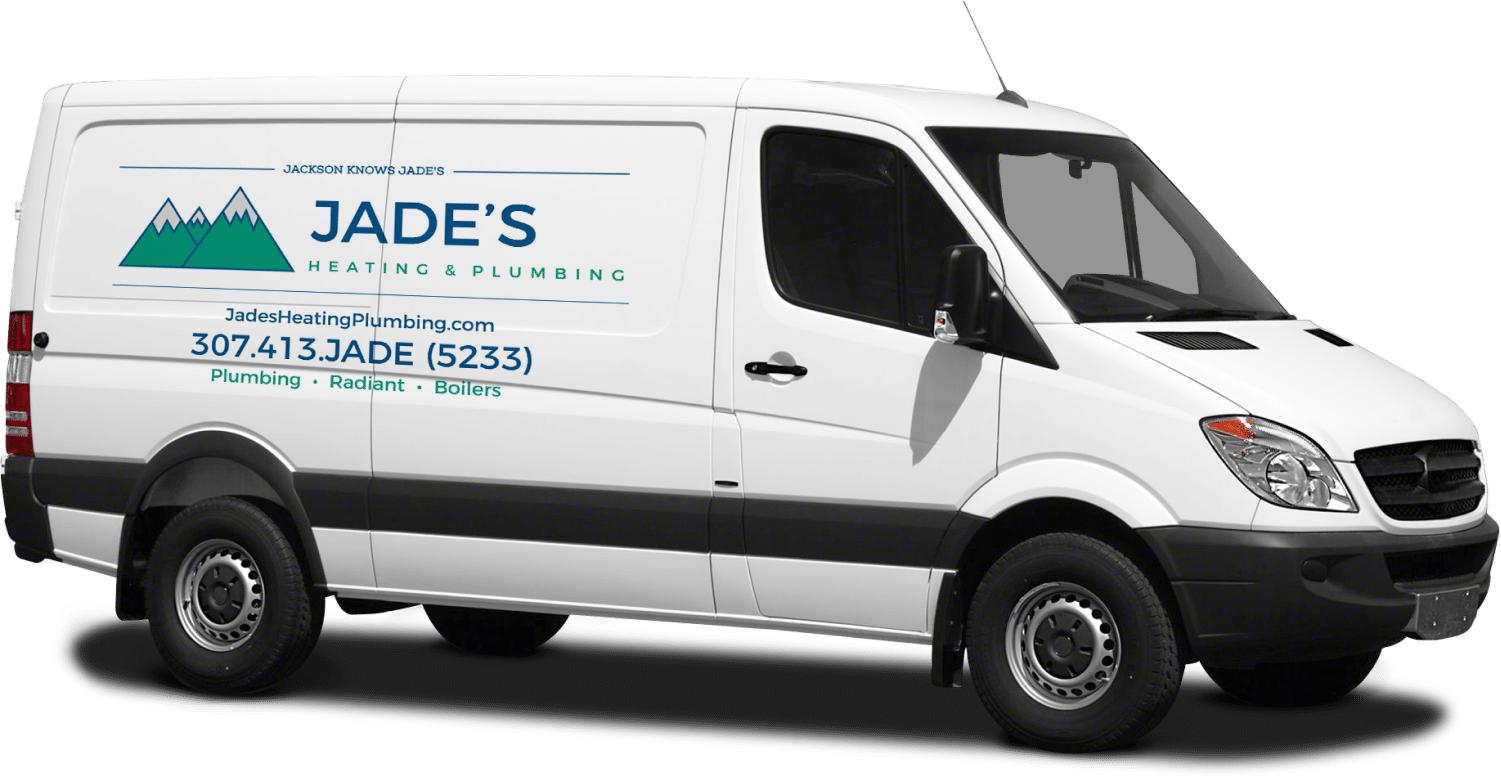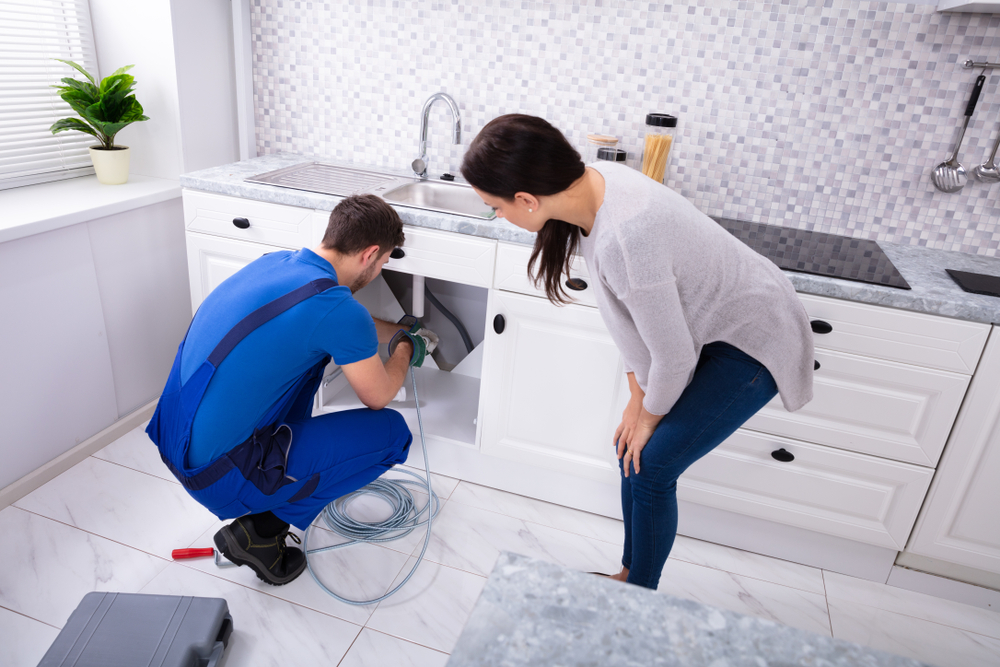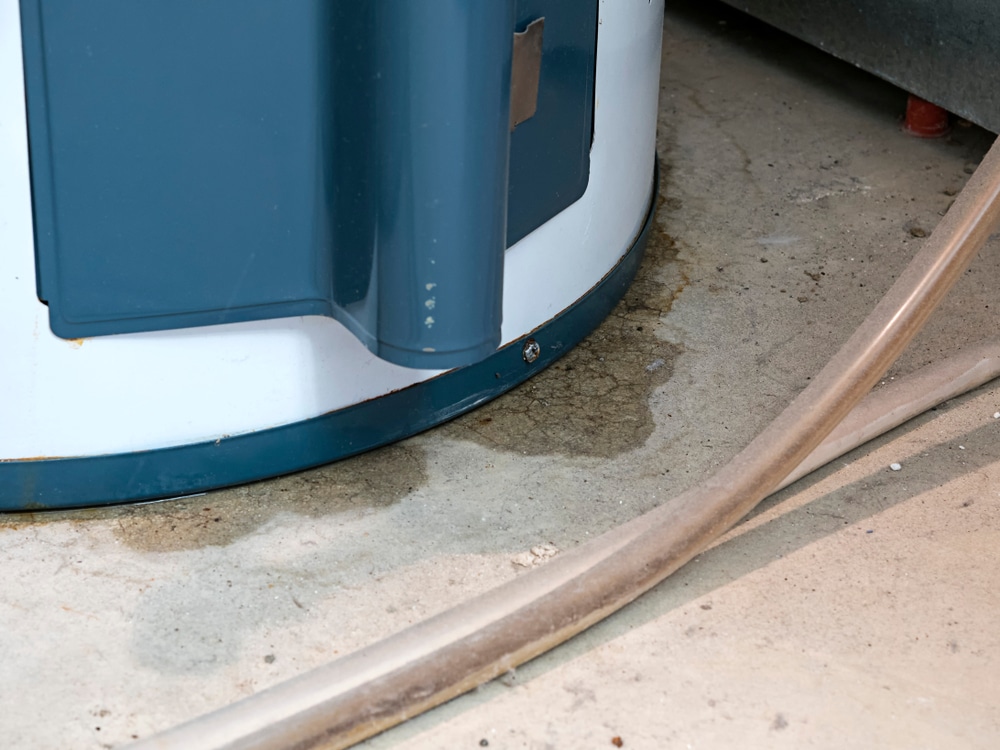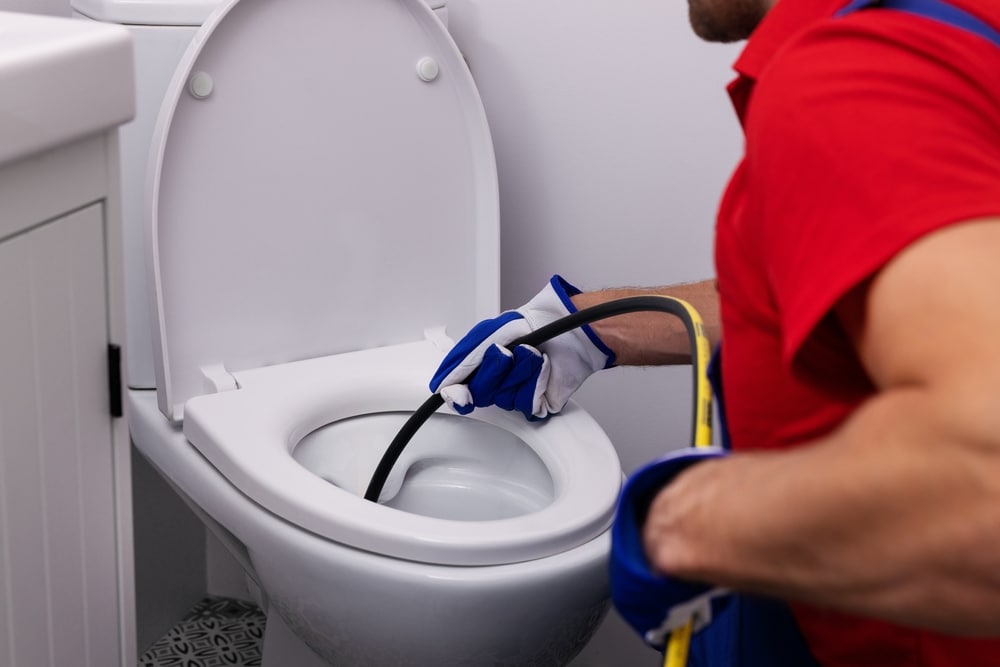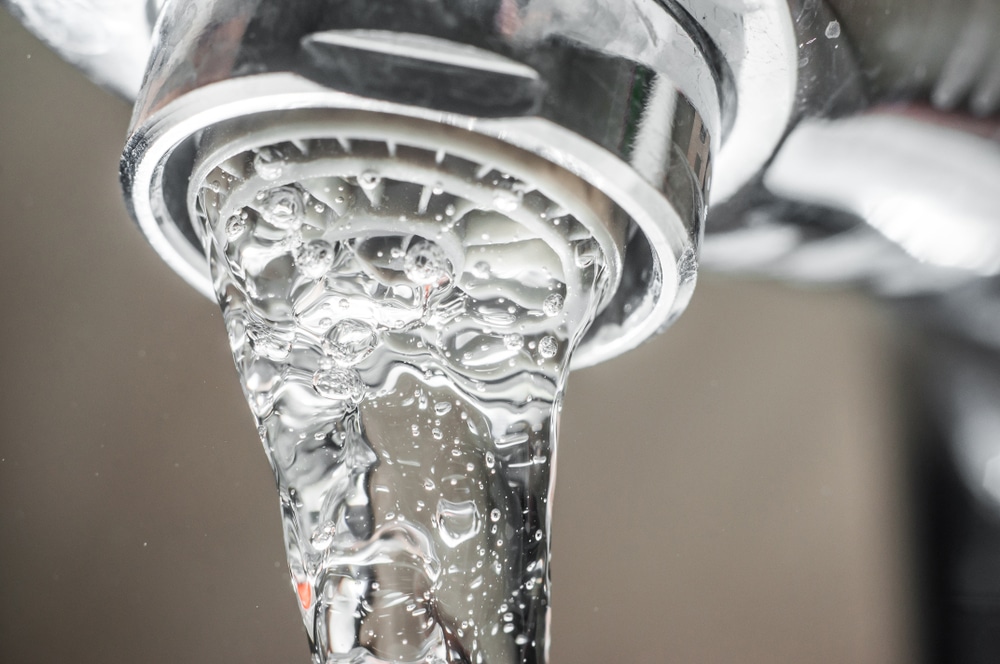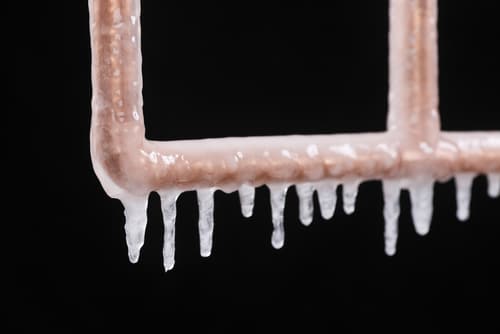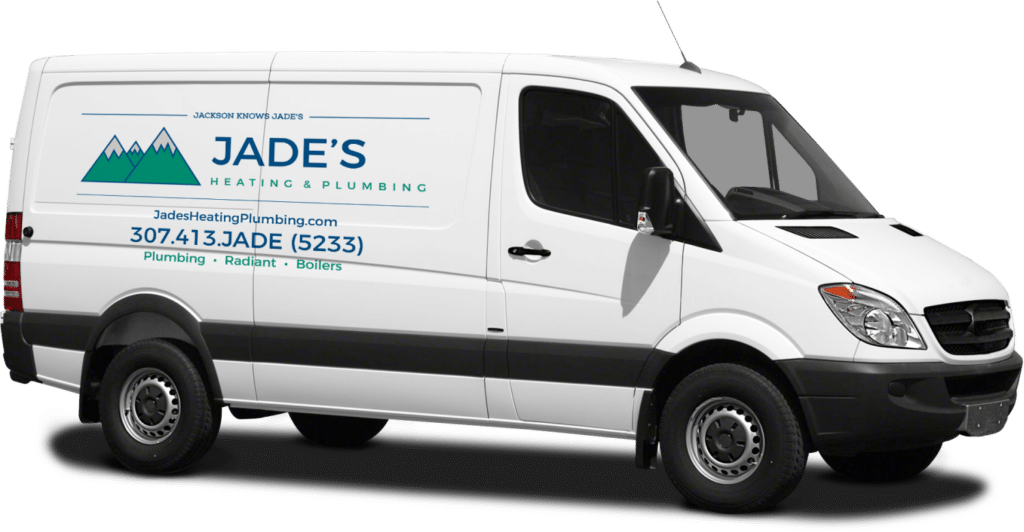Finding the right water heater for your home is crucial for comfort and efficiency. Whether you’re replacing an old unit or installing one in a new home, choosing a water heater is a significant decision. The type and size of the water heater can impact your energy bills and the availability of hot water when you need it.
Understanding Different Types of Water Heaters
Water heaters come in various types, each with its own set of advantages. Understanding these can help you choose the best option for your home. The main types are:
1. Tank Water Heaters: These are the most common type and store a large volume of water in a tank. They can use electricity, natural gas, or propane. Tank water heaters are easy to install and can provide hot water quickly.
2. Tankless Water Heaters: Also known as on-demand water heaters, these units heat water only when you need it. They are more energy-efficient compared to tank water heaters because they don’t store hot water. Tankless heaters provide endless hot water but may have a higher upfront cost.
3. Heat Pump Water Heaters: These heaters use electricity to move heat from the air or ground to heat the water. They are very energy-efficient but may not work as well in very cold areas.
4. Solar Water Heaters: These use solar panels to heat the water. While very eco-friendly, their performance depends on the amount of sunlight, and they often need a backup system for cloudy days.
5. Condensing Water Heaters: These are similar to tank water heaters but use the energy from exhaust gases to heat the water. They are more efficient than traditional gas heaters.
Knowing these types helps you make a more informed decision based on your home’s needs, your budget, and your energy efficiency goals.
Factors to Consider When Choosing a Water Heater
Choosing the right water heater involves several factors that ensure you get the best unit for your home. Here are key considerations:
1. Fuel Type: Determine what type of fuel your home uses—electricity, natural gas, propane, or solar energy. This will narrow down your options.
2. Size and Capacity: Consider how much hot water your household uses daily. A larger family will need a higher capacity heater, while a smaller household might do fine with a tankless or smaller tank model.
3. Efficiency: Look for water heaters with high energy efficiency ratings. Energy-efficient models might cost more upfront but save money on utility bills over time. Check for the Energy Star label as an indicator of eco-friendly options.
4. Cost: Evaluate both the initial purchase price and the long-term operating costs. While tankless heaters have a higher initial cost, they often save money in the long run due to lower energy usage.
5. Installation Requirements: Some water heaters require more space or specific plumbing and electrical setups. Make sure you understand the installation needs and whether it will fit in your designated space.
6. Warranty: Consider the warranty offered by the manufacturer. A longer warranty can give you peace of mind and protect your investment.
7. Local Climate: Think about your local weather conditions. Heat pump water heaters may be less efficient in colder climates, and solar heaters need adequate sunlight.
Taking these factors into account helps you choose a water heater that fits your needs and ensures efficient, reliable hot water for your home.
How to Calculate the Right Size for Your Home
Choosing the right size water heater is crucial for meeting your family’s hot water needs. An undersized unit can lead to frequent cold showers, while an oversized one can waste energy. Here’s how to determine the right size for your home:
1. Assess Peak Hour Demand: Calculate the maximum amount of hot water your household uses in an hour. Consider peak times when multiple showers, washing machines, and dishwashers might be used simultaneously. A basic rule of thumb is that an average shower uses about 2 gallons per minute.
2. First Hour Rating (FHR): For tank water heaters, check the FHR on the unit’s label. This rating indicates how much hot water the heater can supply in an hour. Choose a water heater with an FHR that matches or exceeds your peak hour demand.
3. Flow Rate for Tankless Units: Tankless water heaters are rated by the maximum flow rate, given in gallons per minute (GPM). Add up the GPM of all fixtures and appliances you expect to run at the same time. Make sure the tankless unit can handle your total demand.
4. Household Size and Usage: As a general guide, a family of four usually needs a tank water heater with a capacity of 50 to 60 gallons. For larger households, you may need to consider a higher capacity or multiple units.
Properly sizing your water heater ensures it operates efficiently and comfortably meets your family’s hot water needs.
Benefits of Energy-Efficient Water Heaters
Investing in an energy-efficient water heater can offer numerous benefits, from saving money to protecting the environment. Here’s why you might want to consider an energy-efficient model:
1. Lower Utility Bills: Energy-efficient water heaters consume less energy, which translates to lower monthly utility bills. Over time, the savings on your energy costs can offset the higher upfront price of an efficient unit.
2. Environmental Impact: These models reduce your carbon footprint by using less energy and, in some cases, tapping into renewable energy sources like solar power. This means you’re contributing positively to environmental conservation.
3. Increased Home Value: Homes equipped with energy-efficient appliances, including water heaters, are more attractive to eco-conscious buyers. This can increase the value of your home should you decide to sell.
4. Rebates and Incentives: Many local governments and utility companies offer rebates and incentives for installing energy-efficient appliances. This can help reduce the initial investment cost.
5. Enhanced Performance: Energy-efficient water heaters often come with advanced features that offer better performance and longer life spans. They can provide more consistent hot water and require less maintenance over time.
Opting for an energy-efficient water heater has long-term benefits that make this a smart choice for your home and the planet.
Conclusion
Choosing the right water heater for your home is an important decision that affects your daily comfort and long-term energy use. Understanding the different types of water heaters, knowing the factors to consider, and correctly calculating the right size can help you make an informed decision. Investing in an energy-efficient model not only saves you money on utility bills but also allows you to contribute to environmental conservation.
Regular maintenance and proper installation are crucial for ensuring your water heater operates efficiently. By following the guidelines outlined in this article, you can select a water heater that meets your family’s needs and provides reliable hot water all year round.
If you need help with your water heater installation in Jackson, Jade’s Heating and Plumbing LLC is here to assist. Contact us today for expert advice and professional services tailored to your needs.

